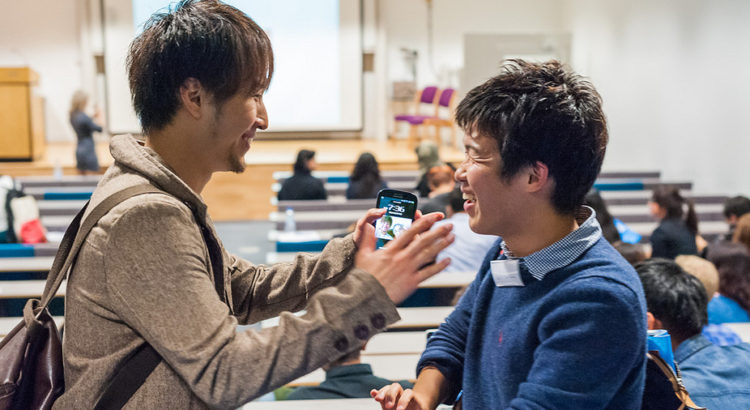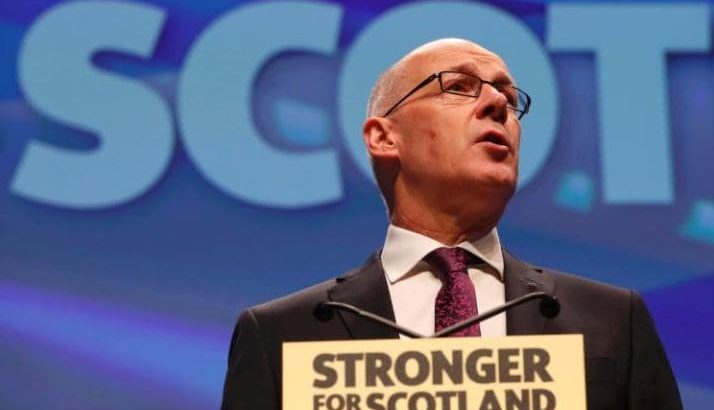Inglaterra / 26 de octubre de 2016 / Por: Jack Grove / Fuente: https://www.timeshighereducation.com
Academics will become blander, less diverse and less economically secure if the “uberfication” of higher education continues, according to a UK academic.
While many scholars might imagine that their working practices are not really that similar to those used by Uber, the global taxi app firm, Gary Hall, professor of media and performing arts at Coventry University, believes higher education has increasingly become subject to approaches used by the San Francisco-based technology giant.
Much like Uber customers, who are asked to rate the service provided by their taxi driver, today’s students are now obliged to score the performance of lecturers via internal and external surveys, observes Professor Hall in his new book, The Uberfication of the University, published by the University of Minnesota Press in September.
Like Uber drivers who score highly, academics who gain higher marks are more likely to be awarded repeat work, yet studies show that students and Uber users consistently rate staff lower if they come from different social backgrounds or ethnic groups from them, Professor Hall said.
“Uber drivers have to be chatty, upbeat and friendly if they want to secure good ratings, and it seems [that] lecturers must be the same,” Professor Hall told Times Higher Education.
“But not everyone can do this, so it will begin to affect who gets regular teaching,” he said, adding that “people tend to rate [lecturers] higher if they are like themselves”.
Those lecturers who are able to maintain “a positive, if largely bland, profile and reputation” that is unlikely to upset or challenge students will be those who prosper in the “uberised” world of higher education.
“You are going to see higher education professionals become much more like the students who use it,” he claimed – a trend that is likely to undermine efforts to make the academic workforce more ethnically and socially diverse, he added.
“Some will be allowed to operate in this sharing economy, and some will find it much more difficult,” he said.
With many more academics working on short-term, casualised contracts, they are increasingly becoming like the “freelance individual micro-entrepreneurs” used by Uber, Professor Hall also argued.
“Any freelance individual micro-entrepreneur who assumes an attitude of non-compliance, non-productivity…silence, refusal, time-wasting, or passive sabotage is unlikely to acquire the kind of rating and reputation score that is needed to retain a gig as an academic in a platform-capitalist higher-education market,” he said.
However, there may be some winners in an uberised world of higher education in which teaching is assigned primarily on feedback and ratings, Professor Hall said.
“There may be advantages for some people who do not have an impressive career history or years of experience as they will be judged on their metrics,” he said.
Another potential benefit of a fully-uberised higher education system manned by roaming “academic micro-entrepreneurs” might be lower costs for students, but it would come at a price, pointed out Professor Hall.
“It would be cheaper because students would not be paying for the costs of research or for academics to attend conferences, just teaching” he said. However, cost savings could be achieved only through a “parasitical” business model, in which many of the costs of training and developing staff were taken on by other parties, such as universities.
In short, the uberised model of higher education would lead to a workforce of “atomised, freelance micro-entrepreneurs in business for themselves [with] all the problems of deprofessionalisation, precarity and continuous performance monitoring”, Professor Hall said.
Fuente noticia: https://www.timeshighereducation.com/news/uberfied-higher-education-threatens-diversity-claims-author













 Users Today : 7
Users Today : 7 Total Users : 35460390
Total Users : 35460390 Views Today : 15
Views Today : 15 Total views : 3419178
Total views : 3419178